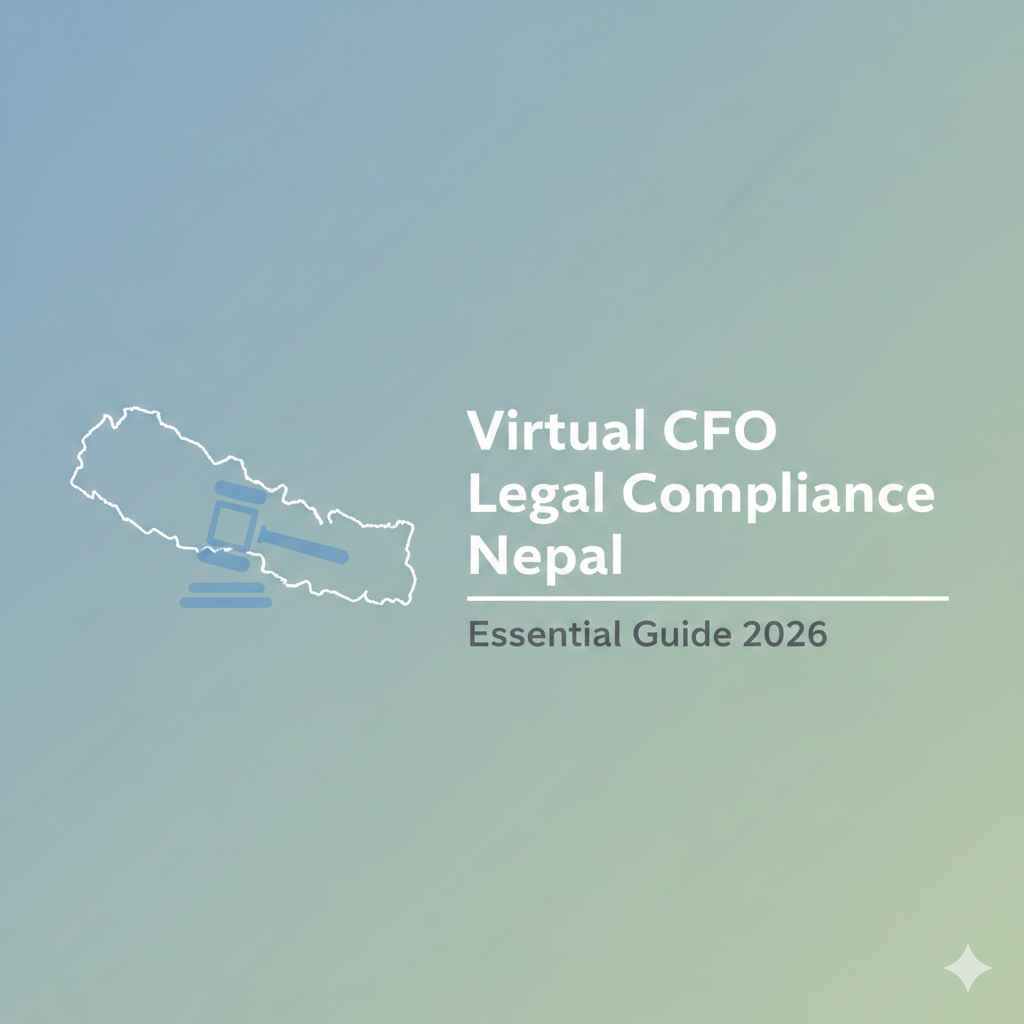
What Global Corporate Banking Means for Your Business
Global corporate banking transforms how businesses operate across borders. Complex financial services are made simple through specialized banking solutions. International trade becomes accessible when the right banking partner is chosen.
Modern corporations need banking services that span continents. Traditional banking limitations are overcome through global corporate banking networks. Your business expansion plans are supported by comprehensive financial infrastructure.
Core Services Offered by Global Corporate Banks
Transaction Banking Services
International payments are processed efficiently through advanced systems. Letters of credit are issued to facilitate global trade. Foreign exchange services are provided at competitive rates.
| Service Type | Processing Time | Cost Range |
|---|---|---|
| Wire Transfers | 1-3 business days | 0.1-0.5% of amount |
| Letters of Credit | 3-5 business days | 0.5-2% of transaction |
| Trade Finance | 5-10 business days | 1-3% annually |
Cash Management Solutions
Liquidity is optimized across multiple currencies and regions. Real-time account monitoring is enabled through digital platforms. Cash flow forecasting tools are integrated into banking systems.
Automated clearing house services streamline payment processing. Multi-currency accounts reduce foreign exchange costs. Treasury management becomes more efficient through centralized control.
Credit and Lending Services
Working capital needs are addressed through flexible credit lines. Term loans support long-term business expansion plans. Structured finance solutions handle complex project requirements.
Syndicated lending pools resources for large-scale projects. Asset-based lending provides secured financing options. Export credit facilities support international business growth.
How to Choose the Right Global Corporate Bank
Evaluating Banking Partners
Geographic coverage must align with your business operations. Regulatory compliance standards should exceed local requirements. Technology infrastructure needs to support your digital transformation.
| Evaluation Criteria | Weight | Key Questions |
|---|---|---|
| Network Reach | 30% | Does coverage match expansion plans? |
| Technology Platform | 25% | Are digital tools user-friendly? |
| Relationship Management | 20% | Is dedicated support available? |
| Pricing Structure | 15% | Are fees transparent and competitive? |
| Risk Management | 10% | How robust are compliance procedures? |
Due Diligence Process
Financial strength ratings are reviewed through independent agencies. Regulatory history is examined for compliance violations. Client testimonials provide insight into service quality.
Reference checks with existing clients validate service claims. Pilot programs test banking capabilities before full commitment. Contract terms are negotiated to protect business interests.
Digital Transformation in Corporate Banking
Technology Integration
APIs connect banking services with business systems seamlessly. Mobile applications provide 24/7 access to account information. Blockchain technology enhances transaction security and transparency.
Artificial intelligence powers fraud detection and risk assessment. Machine learning algorithms optimize foreign exchange timing. Robotic process automation reduces manual processing errors.
Data Analytics Benefits
Transaction patterns are analyzed to identify cost-saving opportunities. Risk profiles are updated in real-time based on market conditions. Predictive modeling helps forecast cash flow requirements.
Performance metrics are tracked across all banking relationships. Benchmark comparisons guide strategic decision-making. Customized reports support regulatory compliance requirements.
Regulatory Compliance and Risk Management
International Standards
Basel III requirements are met through capital adequacy measures. Anti-money laundering protocols protect against financial crimes. Know Your Customer procedures ensure due diligence compliance.
Cross-border regulations are navigated through expert legal teams. Tax optimization strategies are implemented within legal frameworks. Reporting requirements are automated to reduce compliance burden.
Risk Mitigation Strategies
Currency hedging tools protect against exchange rate volatility. Credit risk is distributed across multiple counterparties. Operational risk is minimized through redundant systems.
| Risk Type | Mitigation Strategy | Implementation |
|---|---|---|
| Currency Risk | Forward contracts, options | Automated hedging |
| Credit Risk | Diversification, insurance | Portfolio analysis |
| Operational Risk | System redundancy | Backup procedures |
| Regulatory Risk | Compliance monitoring | Regular audits |
Benefits for Nepal’s Growing Economy
Supporting Local Businesses
Export opportunities are expanded through international banking networks. Import financing becomes more accessible and affordable. Small and medium enterprises gain access to global markets.
Foreign investment is attracted through sophisticated financial infrastructure. Joint ventures are facilitated by experienced banking partners. Economic growth is stimulated through increased capital flows.
Competitive Advantages
Local banks partner with global institutions for enhanced capabilities. Technology transfer improves domestic banking standards. Professional expertise is developed through international collaboration.
Market access is improved for Nepal’s key industries. Tourism, agriculture, and manufacturing sectors benefit from specialized finance. Remittance flows are optimized through efficient channels.
Future Trends in Global Corporate Banking
Emerging Technologies
Quantum computing will revolutionize transaction processing speeds. Biometric authentication enhances security protocols. Internet of Things devices enable real-time asset monitoring.
Central bank digital currencies reshape payment systems. Sustainable finance products address climate change concerns. Personalized banking services are delivered through AI assistants.
Market Evolution
Fintech partnerships expand service offerings rapidly. Open banking initiatives increase customer choice. Regulatory harmonization simplifies cross-border operations.
ESG criteria influence lending decisions increasingly. Cybersecurity investments protect against evolving threats. Customer experience improvements drive competitive differentiation.
Frequently Asked Questions
What services does global corporate banking include?
Global corporate banking encompasses transaction banking, cash management, trade finance, credit facilities, and treasury services. These services are designed to support international business operations across multiple jurisdictions.
How do businesses benefit from global corporate banking?
Businesses gain access to international markets, optimized cash flow management, reduced transaction costs, and enhanced risk mitigation. Global banking networks provide expertise and infrastructure for complex financial needs.
What should companies consider when selecting a global corporate bank?
Companies should evaluate geographic coverage, technology capabilities, regulatory compliance, pricing transparency, and relationship management quality. The bank’s financial strength and industry expertise are also crucial factors.
How does technology impact global corporate banking?
Technology enables real-time transaction processing, automated compliance monitoring, enhanced security protocols, and data-driven decision making. Digital platforms improve accessibility and operational efficiency.
What are the main risks in global corporate banking?
Key risks include currency fluctuations, regulatory changes, credit exposure, operational failures, and cybersecurity threats. Proper risk management strategies and diversification help mitigate these concerns.
How can Nepal’s businesses access global corporate banking services?
Nepal’s businesses can partner with international banks operating locally, work with correspondent banking networks, or establish relationships with global banks through referrals and direct applications.
What documentation is required for global corporate banking?
Required documents typically include business registration certificates, financial statements, board resolutions, beneficial ownership information, and compliance certifications. Specific requirements vary by jurisdiction.
How are fees structured in global corporate banking?
Fee structures vary based on service complexity, transaction volume, and relationship depth. Common fee types include transaction fees, monthly maintenance charges, and percentage-based charges on loan facilities.
This comprehensive guide provides actionable insights for businesses seeking to leverage global corporate banking services. Strategic partnerships with the right banking institutions can accelerate growth and expand market opportunities significantly.



